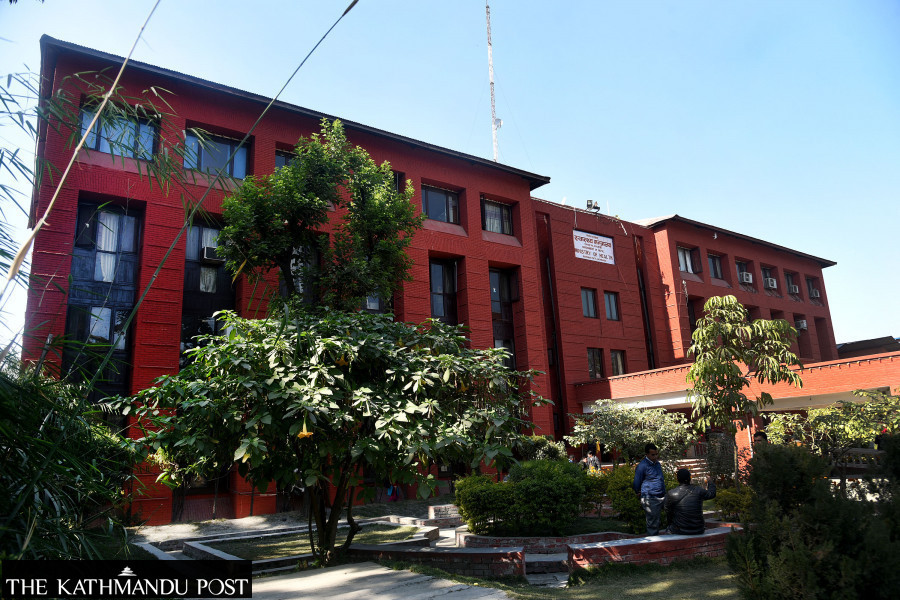National
Health Ministry and security agencies team up to tackle health emergencies
Of late, Nepal has been facing various public health emergencies such as outbreaks of viral and bacterial diseases.
Post Report
The Ministry of Health and Population and security agencies have teamed up to prepare a joint framework to deal with any possible public health emergencies in the country.
Officials said that the security agencies—Nepal Army, Armed Police Force and Nepal Police—held a discussion with the Health Ministry and agreed to collaborate while dealing with incidents of disasters and public health emergencies.
“We are going to prepare a framework, which is required for better coordination, collaboration and sharing of information among the state agencies,” said Dr Prakash Budhathoki, spokesperson at the ministry. “We hope that better coordination and collaboration will be helpful in responding to incidents of disasters quickly and efficiently.”
Of late, Nepal has been facing various public health emergencies such as outbreaks of viral diseases—dengue and Covid; bacterial diseases—scrub typhus, cholera, and diarrhoea, among others; and natural disasters including landslides, and floods, among others. Efforts of multiple state agencies in dealing with the emergencies have been ineffective due to the lack of effective coordination and collaboration among the agencies concerned.
Officials believe that the move would also help avoid duplication of works.
Collaboration among state agencies is also in line with a suggestion of the International Health Regulations, according to them.
The International Health Regulations-2005 is a legally binding agreement among 196 member countries to build the capability to detect and report potential public health emergencies, worldwide. Nepal is also a member of the regulations.
Experts say due to the increasing mobility of people from across the globe, there is a high chance of any disease seen in any corner of the world spreading to many countries in a short span of time.
“Only the agencies under the Health Ministry or the security agencies cannot handle the public health emergencies,” said Dr Hemanta Ojha, an official at the Epidemiology and Disease Control Division. “With the collaboration among the state agencies, we can handle emergencies properly.”
Officials say that a mock drill and simulation exercises will be conducted in the coming days.
The government has set up international health desks at Tribhuvan International Airport, Gautam Buddha International Airport, Bhairahawa and Pokhara International Airport. Likewise, 15 other health desks—13 at various land crossings with India, and two at border points with China—have been set up for surveillance.
Setting up health desks, stepping up surveillance measures to assess the risks and reporting to the UN health body is an international obligation as per the International Health Regulations-2005.
Doctors say early detection of diseases is instrumental in preventing them from becoming widespread. They said that for early detection, disease surveillance mechanisms must be robust and the other agencies concerned must work hard.




 9.83°C Kathmandu
9.83°C Kathmandu













